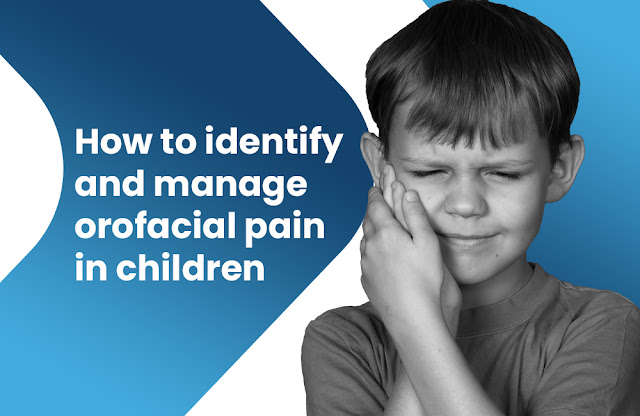What are the Symptoms of a Tooth that Needs a Root Canal?

When a tooth becomes infected or severely damaged, a root canal procedure may be necessary to save it. As per The American Association of Endodontists, more than 15 million root canals occur every year in the US. Thus, recognizing symptoms that indicate a tooth needs a root canal is crucial for seeking timely dental care. This blog discusses the common symptoms that indicate the need for immediate care and treatment. Signs and Symptoms of Your Teeth Need a Root Canal Treatment: If you experience any of the following symptoms, it is advisable to consult a dentist to determine if a root canal is necessary: Persistent tooth pain: A severe, lingering toothache is one of the most root canal symptoms. The pain may worsen when you apply pressure to the affected tooth. Over-the-counter pain relievers may provide temporary relief, but the pain will likely return. Sensitivity to hot and cold: Increased sensitivity to hot or cold substances, even after their removal,...


